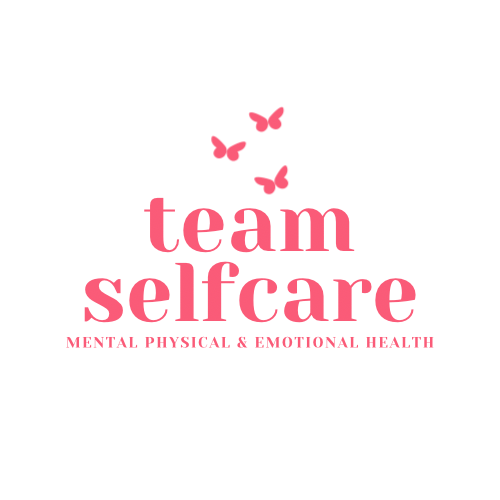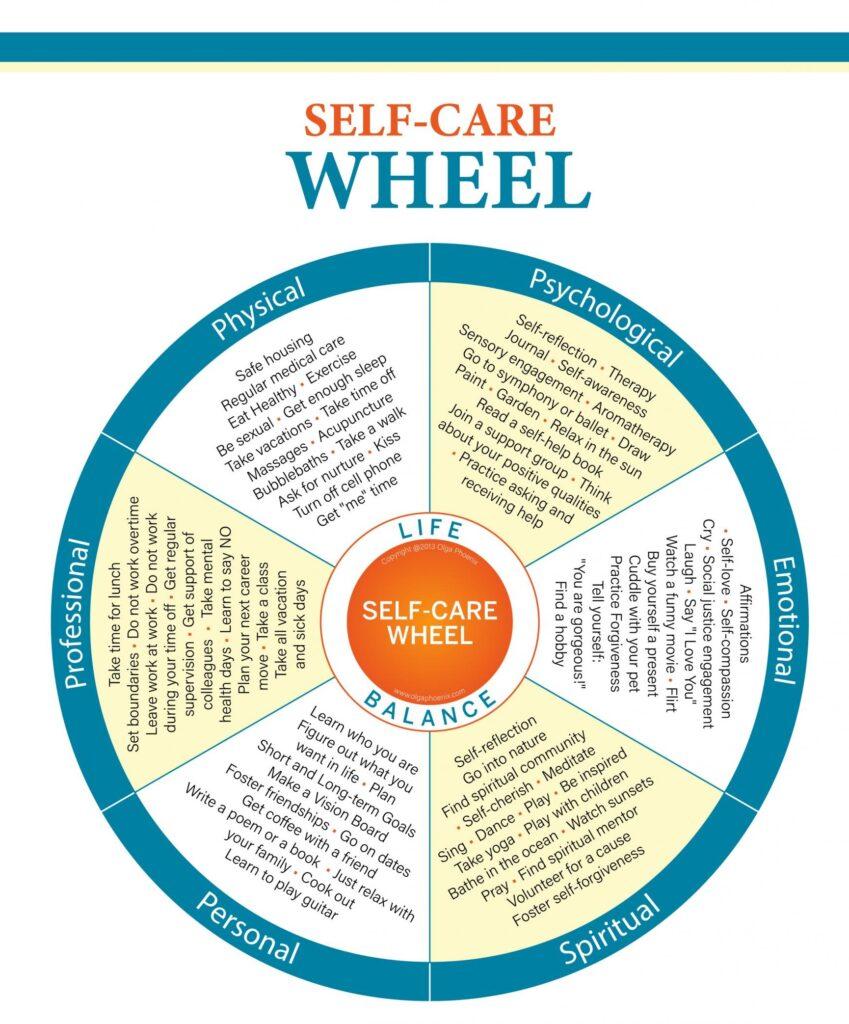We live in a funny society. We treasure slim, thin, skinny but then we munch out on mountains of processed snack, junk, and fast foods. We sit around and watch television or play video games instead of getting up and walking to the park or market. Here in the U.S. of A, it seems like there is a constant obsession to try to get fit. We try keto, paleo, we go vegan for a week, yet with few exceptions most of us revert back to the foods and entertainment forms that are so prevalent and keep us from reaching our desired health goals.
Every family get-together, every holiday, every celebration is centered around food and drink. Most of the time gluttonous food and drink! So, when we start to become unhappy with the way we look (no one associates their illness or sluggishness with food) we start cutting calories.
Every New Year and before bikini season the diet and fitness industries pulls out all the advertising stops because every year during these seasons, we resolve to lose all the weight we put on the year before. We try diet pills, replacement shakes, artificial sweeteners, and fad diets. The problem is these things all make our problem worse. We may lose weight quickly at first, but we lose muscle at the same time and then gain back all fat, which is not a good thing. Then we are minus the muscle and have added more fat.
You’ve heard it time and time again from your doctor and from your friends, but have you ever really listened? If you want to lose weight and keep it off, you need to make changes to your lifestyle that are sustainable over the long term. Fortunately, researchers have identified certain habits that can help you not only shed unwanted pounds but keep them off permanently as well
If you want to lose weight and keep it off, look to people who have successfully done it. I lost over 100 pounds and kept it off for over a decade. Did it happen overnight? Of course not. It took me a year to go from 220 pounds to 118, my weight before I got pregnant with my daughter. I did not use diet pills, meal replacement shakes, or a fad diet. I did and do practice the healthy habits you’ll learn about here.
Eat Breakfast
Eating breakfast jump-starts your metabolism and helps you keep your eating on track. Eating breakfast also helps prevent overeating during lunch and dinner. Studies show that people who eat breakfast eat less at lunch than those who don’t eat breakfast. There are many ways to go about it—grab a healthy cereal like Kashi GoLean or another high-fiber product, have a plate of eggs, take some protein powder mixed with yogurt and fruit for a high-protein, low-fat meal—the options are nearly endless. Just make sure you’re getting in some nutrition before you head out for work.
Drink More Water
Drinking water can help you lose weight because it boosts metabolism, helps you feel full and curbs cravings. Think of a glass of ice-cold water as a mini-meal – when you drink it, it takes up room in your stomach without filling you up too much. Plus, drinking more H2O can reduce your appetite for unhealthy foods because most snacks are dehydrating rather than hydrating. If drinking plain H2O sounds unappealing to you, consider sprucing up your water with slices of citrus fruit or cucumber.
Eat At Home
Studies show that people who eat at home more frequently tend to be slimmer than those who don’t. If you want to eat better, start by making home-cooked meals a regular part of your routine. And while it’s tempting to treat yourself with takeout or delivery, doing so regularly is linked to obesity and a range of health issues. Plus, cooking at home offers all sorts of added benefits (from reducing stress to helping you get a better night’s sleep) that are both healthy and can help you lose weight.
Eat Whole Foods
Eating whole foods is one of my favorite habits to talk about when it comes to weight management. Research shows that eating a diet rich in minimally processed foods provides more health benefits than its refined or processed counterparts. Getting in enough fruits, vegetables, legumes (beans), and whole grains is key for any healthy nutrition plan because these are nutrient-dense and packed with vitamins, minerals, antioxidants, fiber, and other beneficial compounds that help prevent diseases like heart disease, type 2 diabetes, Alzheimer’s disease, some cancers, rheumatoid arthritis, high blood pressure, etc., as well as keep you at a healthy weight. The key is to go for plant-based protein sources like beans instead of animal products.
Reduce Stress
Stress also has a direct impact on weight management. When you’re stressed, your body releases cortisol, which makes you hungrier. Meanwhile, hormones called ghrelin and leptin are released in response to stress as well; these hormones signal to your brain that you’re hungry. Too much cortisol can lead to excess fat storage around your waistline. Stress can cause unhealthy cravings for carbs like sugar and bread because they raise serotonin levels in your brain—but they also promote abdominal fat storage by increasing glucagon. This type of belly fat is linked to inflammation throughout your body, as well as increased risk of heart disease and diabetes.
Get A Good Night’s Sleep
Getting at least seven hours of sleep each night is one of the most important things you can do to lose weight. That’s because your body needs time to rest, repair itself, build muscle, fight infection, and clear out toxins that have built up during a long day. If you don’t get enough sleep—or if you skip it altogether—your body ends up storing more fat than it burns. According to Dr. Satchin Panda, associate professor of Regulatory Biology at Texas Tech University Health Sciences Center in Lubbock: If we didn’t need to sleep, our food intake would completely depend on how much we love eating and how good food tastes.
Get Moving
Exercising is just one component of a healthy lifestyle, but it’s one that too many people skip because they find it challenging or inconvenient. But if you’re looking to lose weight, get moving! In addition to burning calories, exercise can help relieve stress, improve sleep patterns, and boost your mood. Keeping a consistent exercise routine is key to losing weight—so much so that skipping even one workout could cause you to gain weight in some cases. If you’re looking for a reason to hit the gym tonight (or first thing tomorrow morning), keep these benefits in mind: You can also ease into exercise by starting with less intense activities such as walking or taking an easy bike ride instead of jogging on a treadmill.
Keep A Food Journal
Food journals are an invaluable tool for both weight management and healthy aging. Studies have shown that those who keep food journals lose more weight, eat fewer calories over time, make better food choices, feel more in control of their eating habits, have improved body image, enjoy greater self-esteem, lose weight faster—and keep it off longer. But what many people don’t realize is that you don’t need to spend a lot of money on software or other specialized tools to be successful. In fact, some of my clients are successful simply by writing down notes on their phones before each meal or snack to review later, others use our Bodysite Lifestyle Guide app to take photos and/or log their meals; it serves as a simple way to log their experience without feeling like they’re restricting themselves too much.
Eat More Vegetables
You don’t have to go on a restrictive diet to lose weight, but you do need to make sure that you’re eating enough fruits and vegetables. Your metabolism slows down as you age, so it’s important to keep your digestive system healthy with good nutrition. Add more greens, like spinach or arugula, into your diet – they’re packed with magnesium (the most relaxing mineral) so you can sleep better at night. Leafy greens are also great sources of vitamin C, which is known for its anti-aging properties. Spinach is high in folate too – an essential nutrient for healthy cell division and DNA repair. Plus, we all know what happens when you eat more veggies: you poop! And flushing out toxins helps maintain healthy skin by keeping your complexion clear of blemishes.
Give Up the Bad Carbs
One thing that can slow healthy aging: excess weight. Not only is being overweight or obese associated with a variety of health issues, including heart disease, stroke, high blood pressure, type 2 diabetes and certain cancers, but it can also negatively impact muscle strength and balance. Worse still, carrying around extra pounds as you age can actually cause you to age faster! For example, if you’re 50 years old and weigh 20 pounds more than average for your height (called visceral fat), according to one study by S.C. Lee et al., published in Gerontology back in 2011, every five-unit increase in waist circumference leads to a 33 percent greater risk of death from any cause at any age! So why do so many people have trouble shedding excess weight?
So, skip the fad diets. Throw away the diet pills! (You can throw away your sleeping pills at the same time!) Quit eating low-quality foods and give these 10 Healthy Habits at try for a week. Then come back and leave a comment about how great you feel. I can’t wait to hear from you!
But before you go, here’s a healthy recipe that will help you Eat More Vegetables. This recipe and 55 others are available as a freebie in the Plant-Forward Recipe Collection on the healthilyaging.com website.
Bean Stew
Serves 6
1 tbsp. coconut oil
1 onion, sliced
2 garlic cloves, sliced
1 tsp. dried thyme
1 tsp. dried rosemary
2 parsnips, peeled and chopped
2 carrots, peeled and chopped
½ cup tomatoes, chopped
1 tbsp. tomato puree
2 – 14 oz. canned tomatoes,
chopped
1 – 14 oz. can butter beans,
drained
Parsley, chopped, for garnish
What you need to do
- Heat the coconut oil in a large pot, and cook the onion, garlic, rosemary, and thyme over medium heat for 5-6 minutes, until soft. Season with salt and pepper.
- Add in the parsnips, carrots, tomatoes, tomato puree and cook for another 15 minutes, until softened.
- Add in the beans, chopped tomatoes, and mix well. Bring to a boil, reduce the heat and simmer for another 15 minutes. Season to taste, with salt and pepper and more herbs, if desired.
- Garnish with fresh parsley before serving.
- The stew can be stored in the fridge for up to 5 days or in the freezer for up to 3 months.





